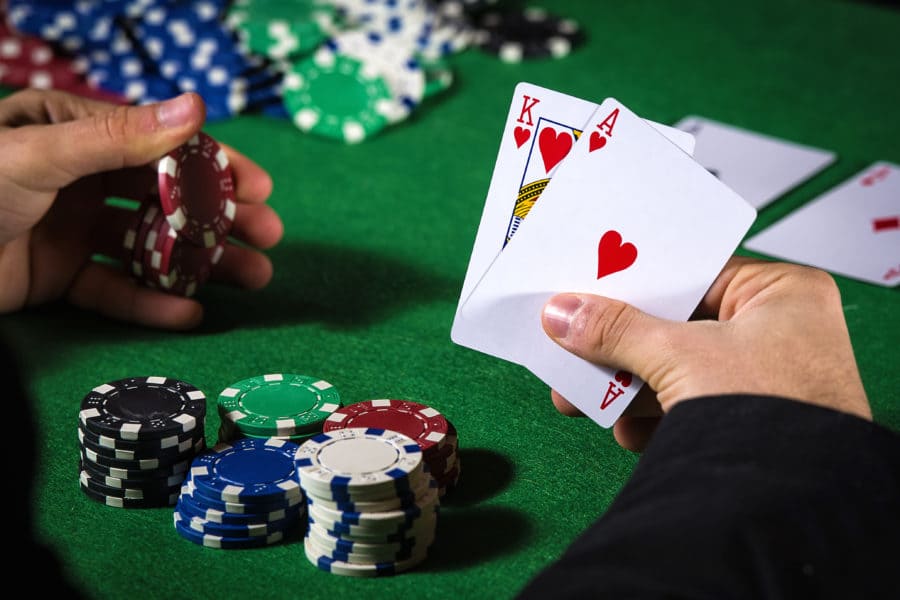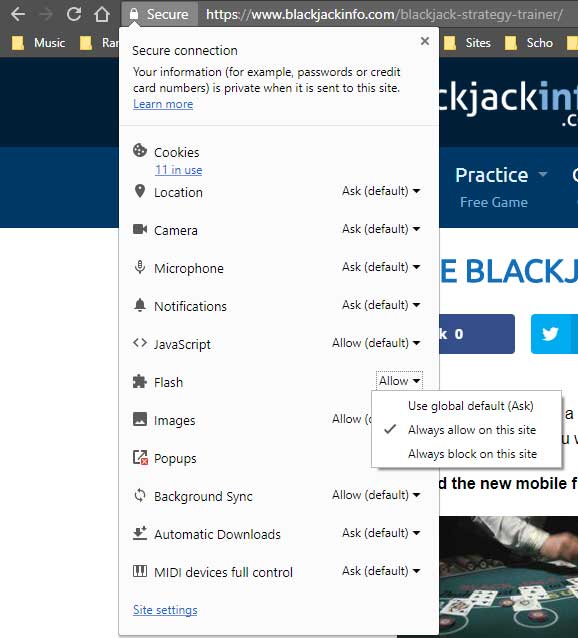2 Deck Pitch Blackjack Strategy
Posted : admin On 4/14/2022


The closest one has all 8 deck, CSM, BJ games. Unless I want to play $100 a hand 2 deck pitch game, which for this cracker is too high. In general, how many decks should one practice with, same as what you play, or a different amount just for the action with different hands? Start studying 2 deck blackjack strategy. Learn vocabulary, terms, and more with flashcards, games, and other study tools.
- Appendices
- Miscellaneous
- External Links
On This Page
2 Deck Pitch Blackjack Strategy Strategies
Introduction
To use the basic strategy, look up your hand along the left vertical edge and the dealer's up card along the top. In both cases an A stands for ace. From top to bottom are the hard totals, soft totals, and splittable hands. There are two charts depending on whether the dealer hits or stands on soft 17.
Other basic strategy rules.
- Never take insurance or 'even money.'
- If there is no row for splitting (fives and tens), then look up your hand as a hard total (10 or 20).
- If you can't split because of a limit on re-splitting, then look up your hand as a hard total, except aces. In the extremely unlikely event you have a pair of aces you can't re-split and drawing to split aces is allowed, then double against a 5 or 6, otherwise hit.
2 Deck Pitch Blackjack Strategy Tips
Ideally, the basic strategy shows the play which, on average, will result in the greatest win or the least loss per initial hand played. The way I usually go about this is to look at the initial 2-card hands only. Generally, this will result in the overall best play. However, soft 18 against a dealer ace when the dealer stands on soft 17 provides the only known exception that I am aware of for any number of decks. As my blackjack appendix 9 shows, a 2-card soft 18 vs A has an expected value of hitting of -0.100359, and of standing -0.100502. So with two cards it is very slightly better to hit. However, not all soft 18's are composed of two cards. The more the cards in the player's hand the more the odds favor standing. Simulations show that if forced to always hit or always stand, it is better to stand. I would like to thank Don Schlesinger for bringing this unusual play to my attention.

Written by:Michael Shackleford